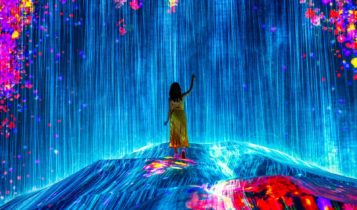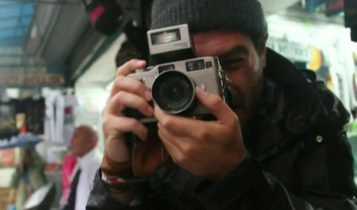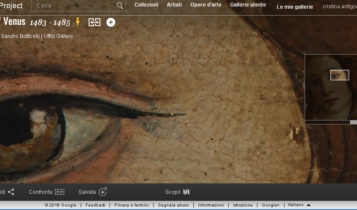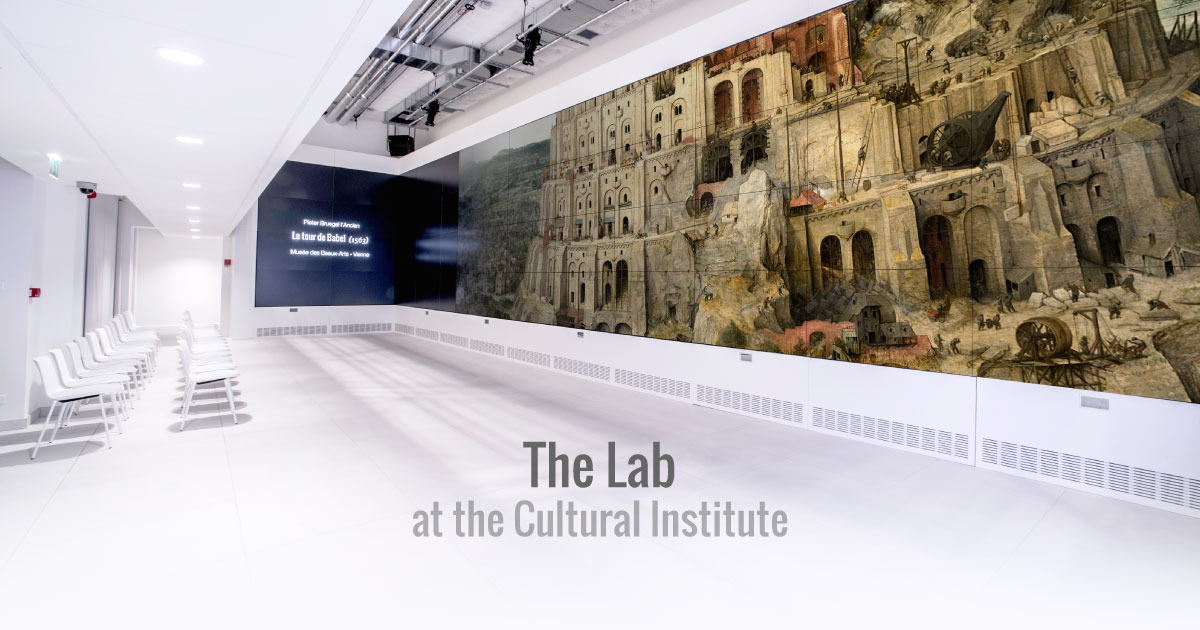In a society and in a world that changes, becoming ever more one with the technology, every aspect of the human life adapts itself to the changing: the social relationship, the shopping, the job, and even the art becomes 2.0.
What’s the art in the informatics age?
A masterpiece once was an exclusive painting, not easily accessible for the common people, the beauty, the fashion sense was change over the years. But what’s the art in the informatics age? When everything is within a click, and every imperfection is under photo retouching?
The beauty is subjective, is personal, is felling, is that emotion that arise in all of us, different for all of us. What we find out if we go far away form the conception that once we had of the art? What we find out if we look through the art 2.0?
The Digital Art

The Digital Art is a form of art that was born officially in the 1950 and it contains all of those masterpieces realized with the PC.
What can we consider art today? Isn’t art maybe the astonishing graphic of a videogame? Or the ability to bring back to life the past?
Isn’t art maybe the ability to make accessible everything to all of us and make it amazing?
The social networks

The social networks become our second house, our diary, our new world to explore, the square where to met our friends and even the place where get our creativity free.
The artists that found in the socials the fortune, infact, are countless now. We can say some example, like Daniel Arnold, photographer from New York that started for a while to post his works on Instagram, arriving to have up to 70.000 followers and he sells his pictures for a price of around 15.000 dollars each.
But the social networks are just the beginning and inside the mind of a dreamer, an artist, the old is still fashionable, and come back to the past is one of the biggest conquest of all the career. Arnold, infact, shown his works in one of the most famous art gallery of London.
What would the masterpieces tell if they could speak?
A really funny and interesting work is the one of Stefano Guerrera, a young informatic engineer that wonder what the masterpieces would tell us if they could speak and he so tried to give them voice.
Guerrera with irony and simplicity gave voice to the most famous masterpieces and he counts 800.000 followers on Facebook and 30.000 on Instagram. Even this one is art 2.0.
The art becomes more accessible

Google Cultural Institute, for example, is a platform on which we can find basically all the art history of humanity.
Inside it are enclosed around 1000 museum, from 70 different countries, for a total of 6 millions of masterpieces, all of them within a click.
The project started in the 2011, with the purpose to make possible to all the access to the most important masterpieces and since there they never stop to collect incredible images. The works, infact, are all admirable at 360 degrees, with the Street View’s shots, that allow to walk between the halls and the rooms of the world’s museum, and to admire everything is inside them.
We can find out the Florence’s Uffizi, the London’s British Museum, the Guggenheim of New York or the Parliament of Bucarest, and still so on, until to observe the most thorough detail of every masterpiece present inside it. Finally, all of it is supported with explanations about the masterpieces and the same museums.
This post is also available in:


